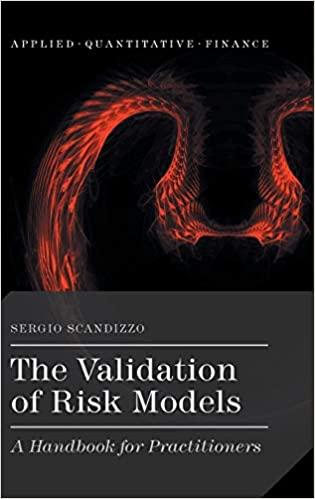Question
The Claimant E.M. Plastics & Electric Products Ltd claims against Defendant Abby Signs Ltd. (the Corporate Defendant) and its principal, Greg Lardeur, for plastic and
The Claimant E.M. Plastics & Electric Products Ltd claims against Defendant Abby Signs Ltd. (the Corporate Defendant) and its principal, Greg Lardeur, for plastic and electric products sold to the Defendants but not paid for. The Corporate Defendant does not dispute its liability for the amount owing under the claim, but Mr. Lardeur does, stating that the contract of sale was made with the Corporate Defendant and not with him personally. [2] On January 27, 2009, the parties to this action appeared at a settlement conference pursuant to Rule 7 of the Small Claims Rules. In the course of the settlement conference, it became apparent that the Corporate Defendant had no defence to the claim and that the Claimant was entitled to judgement against it. The Corporate Defendant has ceased operations and any judgement against it would be an empty judgement with no real chance of recovery on it. [3] The parties acknowledge that at no time did Mr. Lardeur ever personally guarantee the debts of the corporate defendant. The basis of the claim against him is founded on the following allegation: 12. Defendant Lardeur as the controlling mind, sole officer and director of the Defendant Abby Signs benefitted directly from the goods supplied to the Claimant. [4] In the course of the settlement conference, the Claimant was asked to explain the basis of its claim that Mr. Lardeur was personally liable for the debts of the corporate defendant and to summarize the evidence that it proposed to tender in support of that claim. It was acknowledged that it was the company that was invoiced and not Mr. Lardeur. The parties are unable to support the notion of an oral guarantee as the relationship between the parties goes back some 28 years and the Claimant has candidly acknowledged that, although it has pled the existence of an oral agreement with Mr. Lardeur, it has no witnesses to support this. [5] One of the functions of a settlement conference judge is to serve as gatekeeper, determining which claims have a triable issue and which can be determined without the expenditure of trial time, (which, by some accounts, costs the taxpayers of British Columbia in excess of $27,000 per day.) In order to give the Claimant its day in court on this issue, the settlement conference judge must first be satisfied that there is a triable issue, i.e. that there is some evidence on which the trial judge could rest a finding of liability on the defendant, without any weighing of that evidence. The authority to screen out those claims which lack merit comes from Rule 7(14). That rule reads in part as follows:
(14) At a settlement conference, a judge may do one or more of the following: (b) decide on any issues that do not require evidence; (d) set a trial date, if a trial is necessary; (i) dismiss a claim, counterclaim, reply or third party notice if, after discussion with the parties and reviewing the filed documents, a judge determines that it (i) is without reasonable grounds, (ii) discloses no triable issue, or (iii) is frivolous or an abuse of the court's process;
QUESTIONS:
1. Review the case E.M. Plastics v. Abby Signs and Lardeur, 2009 BCPC 18, which is included with your materials for this assignment. After reading the case, answer the following question:
Is Teds Fruit Wholesalers v. Carolines Cider House Ltd. a case in which the Court would pierce the corporate veil? Your answer is to be one or two paragraphs in length, and you should demonstrate that you understand the reasoning of the court in E.M. Plastics. As well, your answer should be supported by one other resource, which must be a Commercial or Business Law Textbook.
2. Under what circumstances would Caroline be liable for the debts of Carolines Cider House Ltd.? Would there be a difference in terms of liability if the business was structured as a sole proprietorship or as a general partnership? Your answer should be one or two paragraphs in length and it must be supported by a Commercial or Business Law Textbook.
The following questions are to be answered and supported by a Commercial or Business Law Textbook.
3. What is meant by a corporations having a separate legal identity?
4. If two people enter into a business together with the object of making money but lose it instead, can the business still be a partnership?
5. Partners have fiduciary obligations to each other. Explain what this means and give examples.
Step by Step Solution
There are 3 Steps involved in it
Step: 1

Get Instant Access to Expert-Tailored Solutions
See step-by-step solutions with expert insights and AI powered tools for academic success
Step: 2

Step: 3

Ace Your Homework with AI
Get the answers you need in no time with our AI-driven, step-by-step assistance
Get Started


